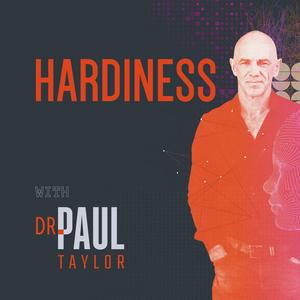Do you ever shrink yourself because someone else seems further ahead, more confident, fitter, happier, or more successful? In this episode of Mojo Monday, Carly explores the psychology behind comparison and the idea of an inferiority complex through the lens of Hardiness. Rather than trying to stop comparing, she explains why it’s a normal human response and how the real power lies in how we interpret it. When comparison is seen as a threat, we withdraw. When it’s viewed as a challenge, we move into action. This episode is a practical reminder to shift your focus to what’s in your control and take one small step forward, even when discomfort is present.
See omnystudio.com/listener for privacy information.


